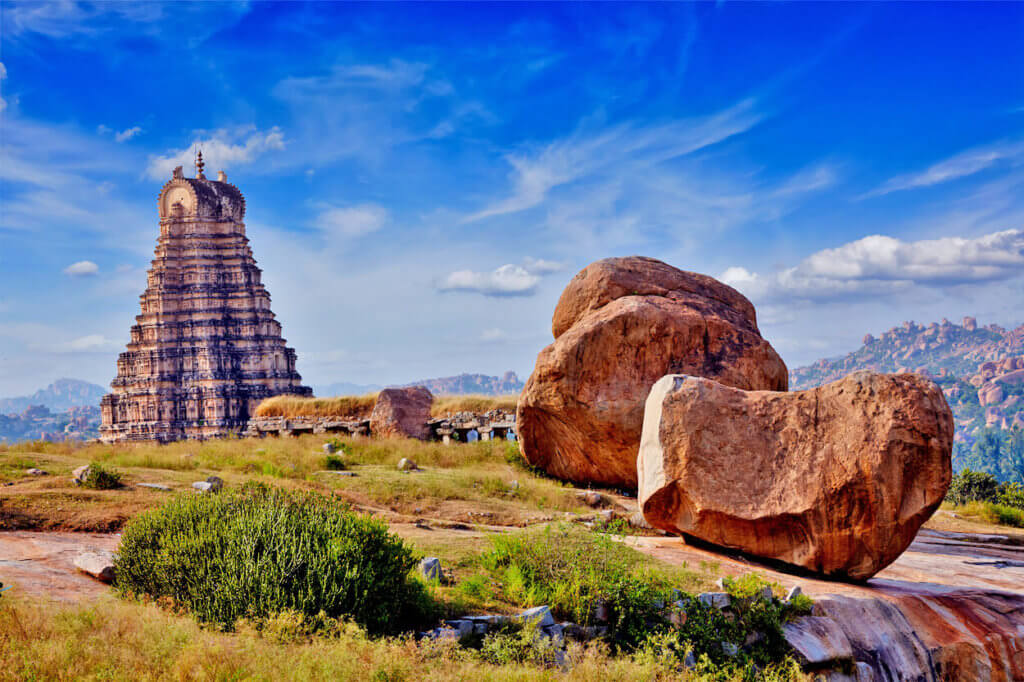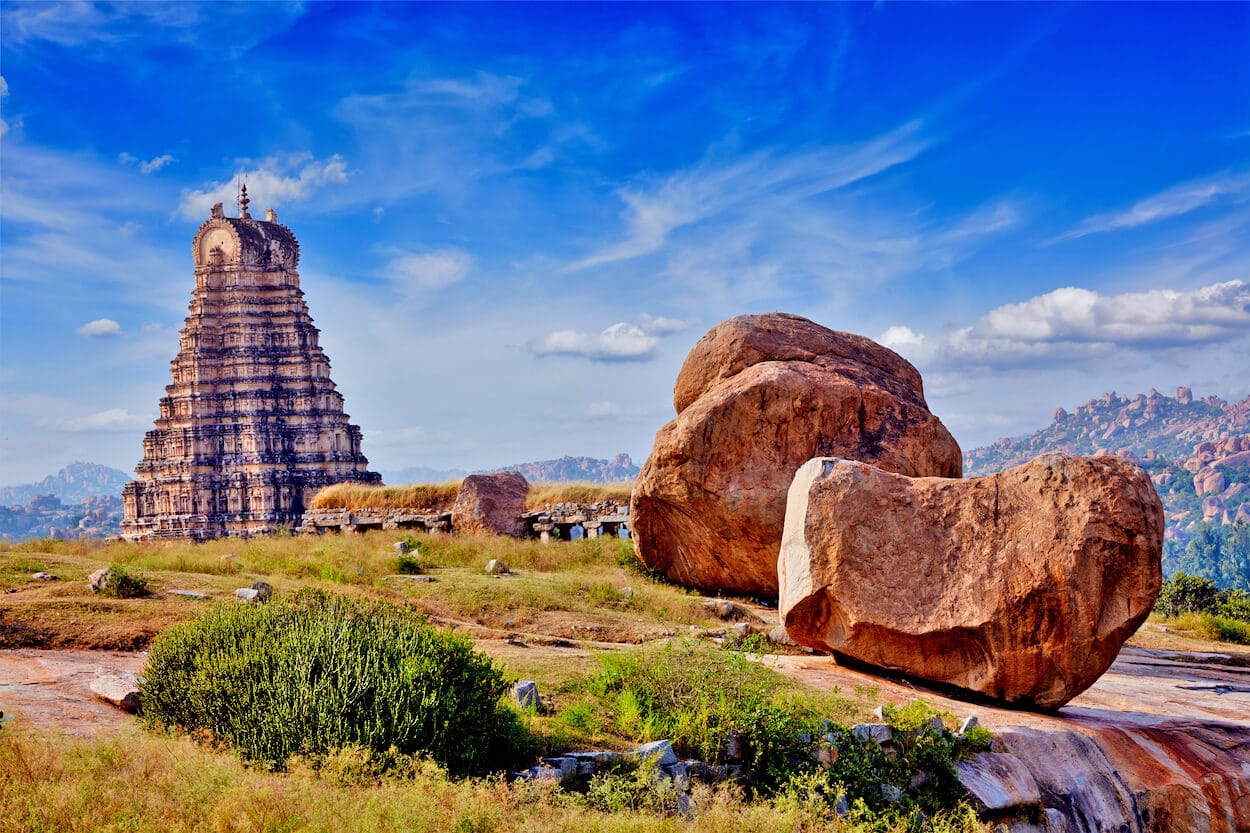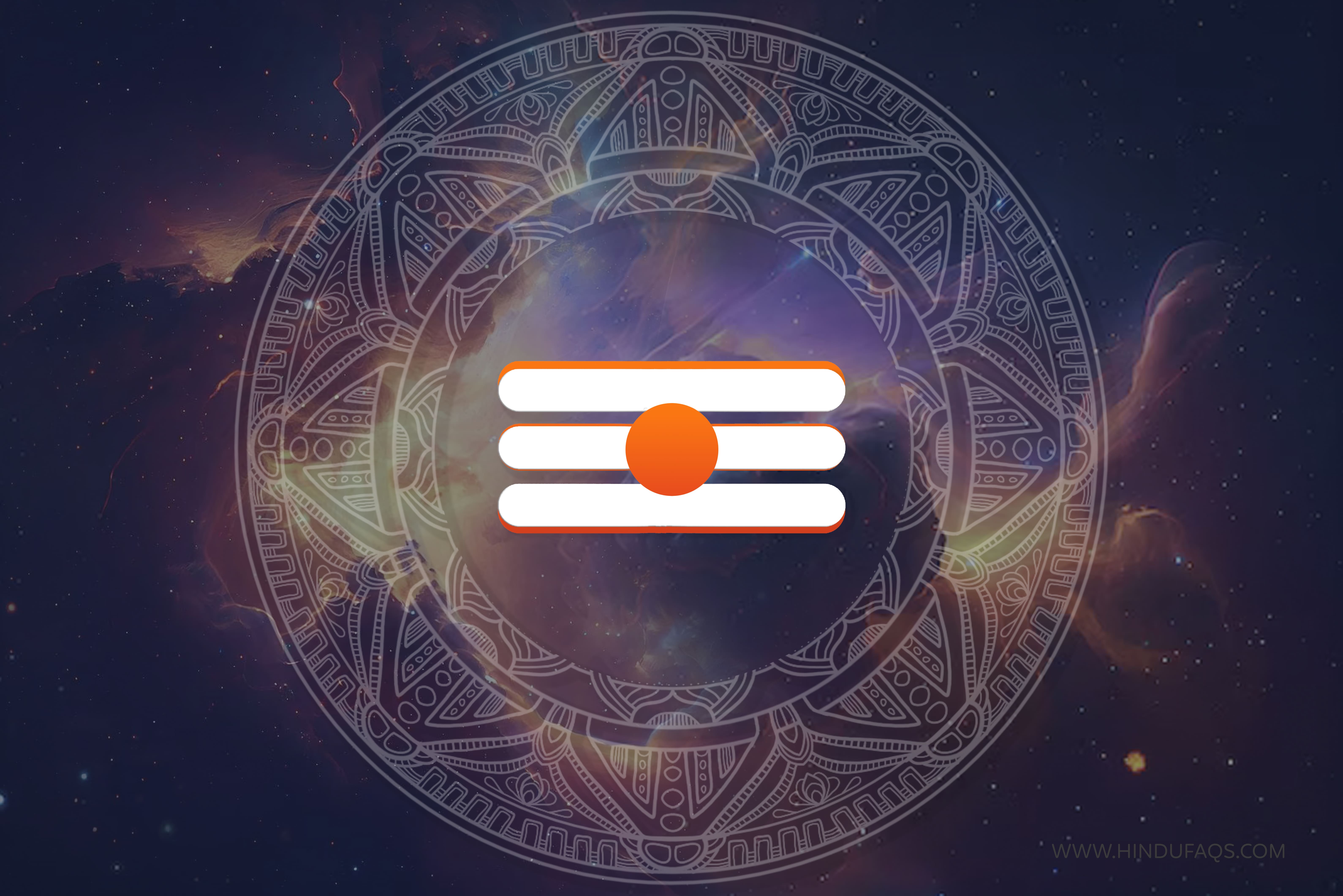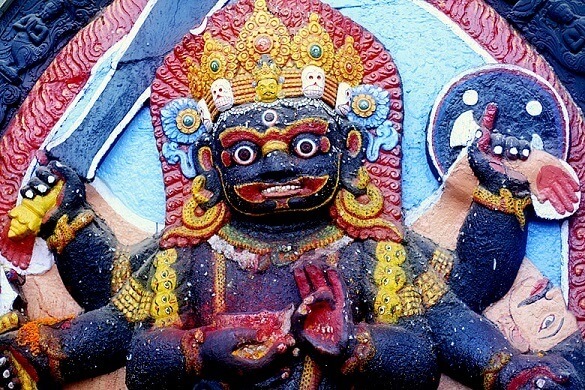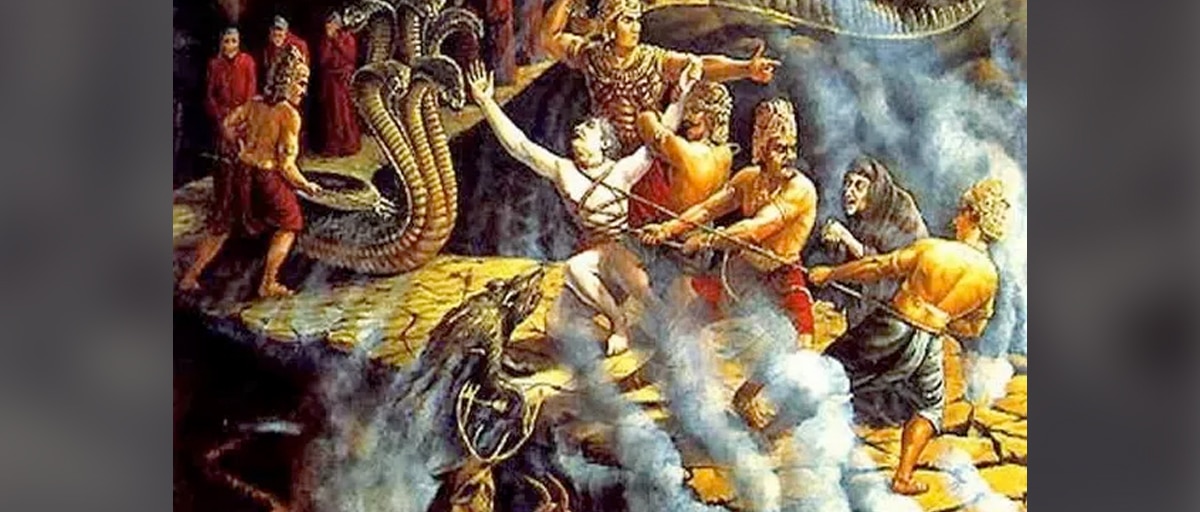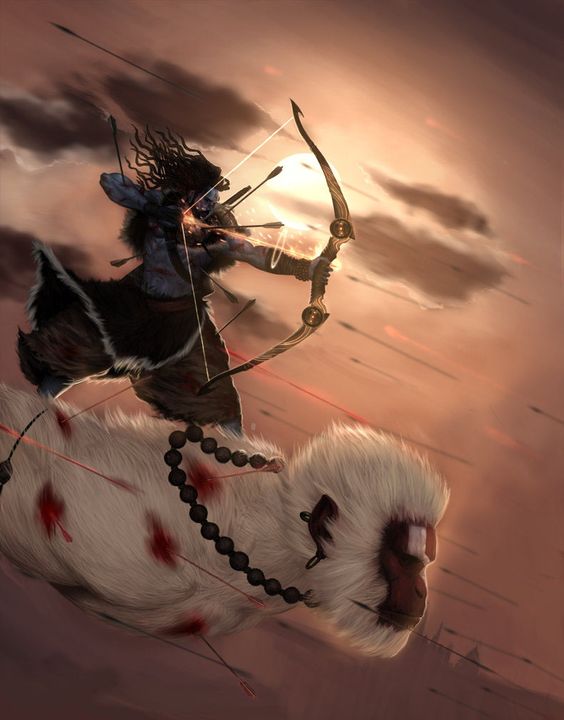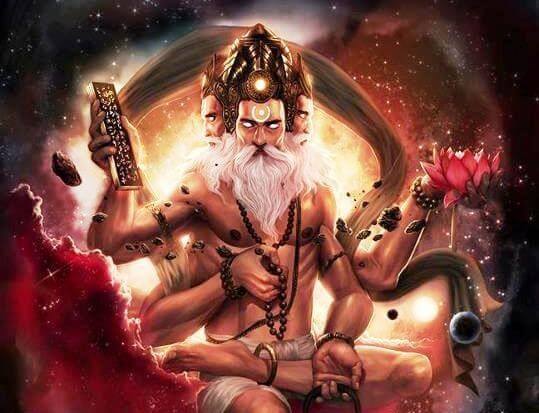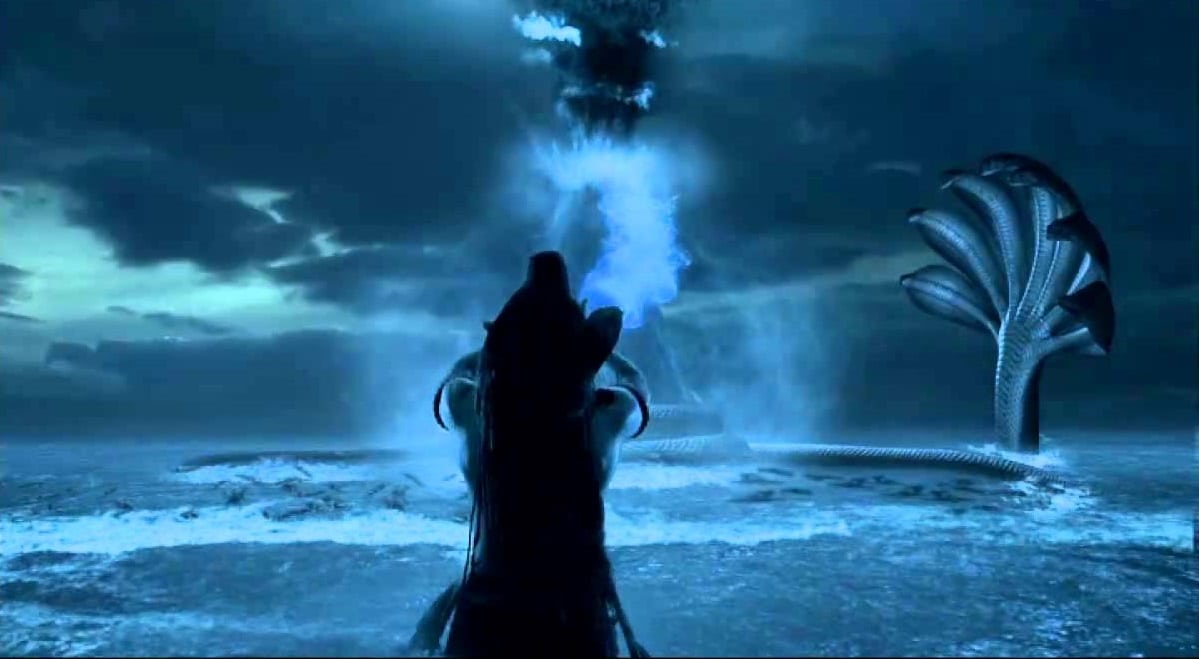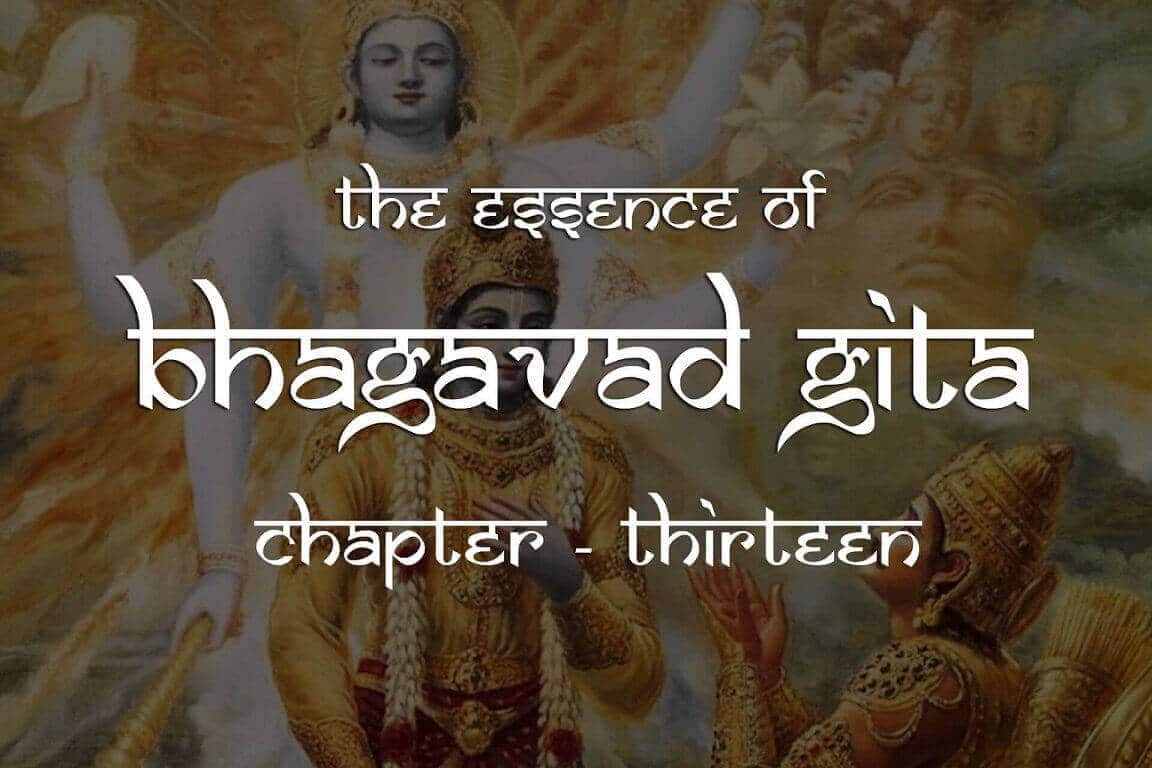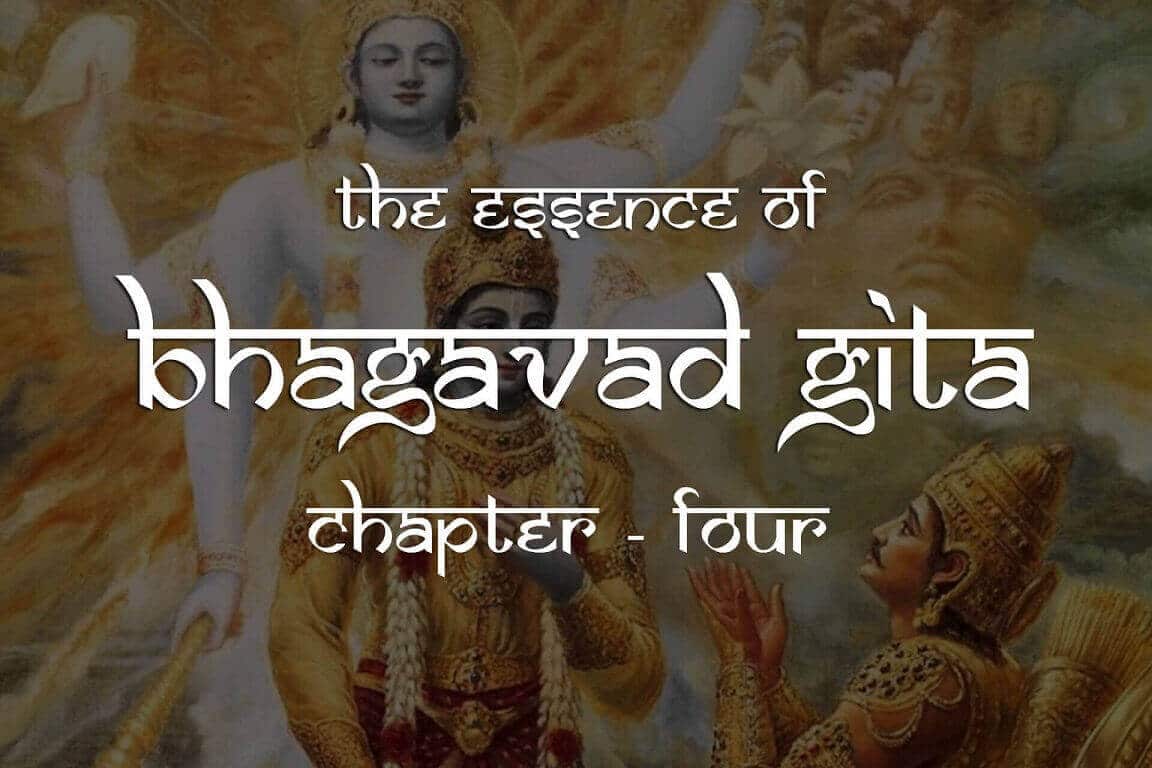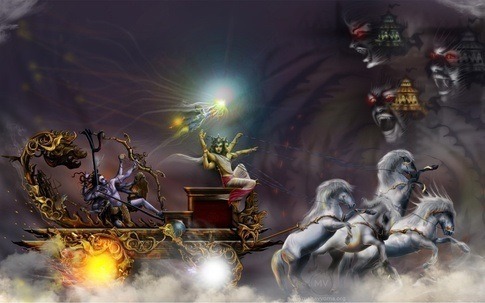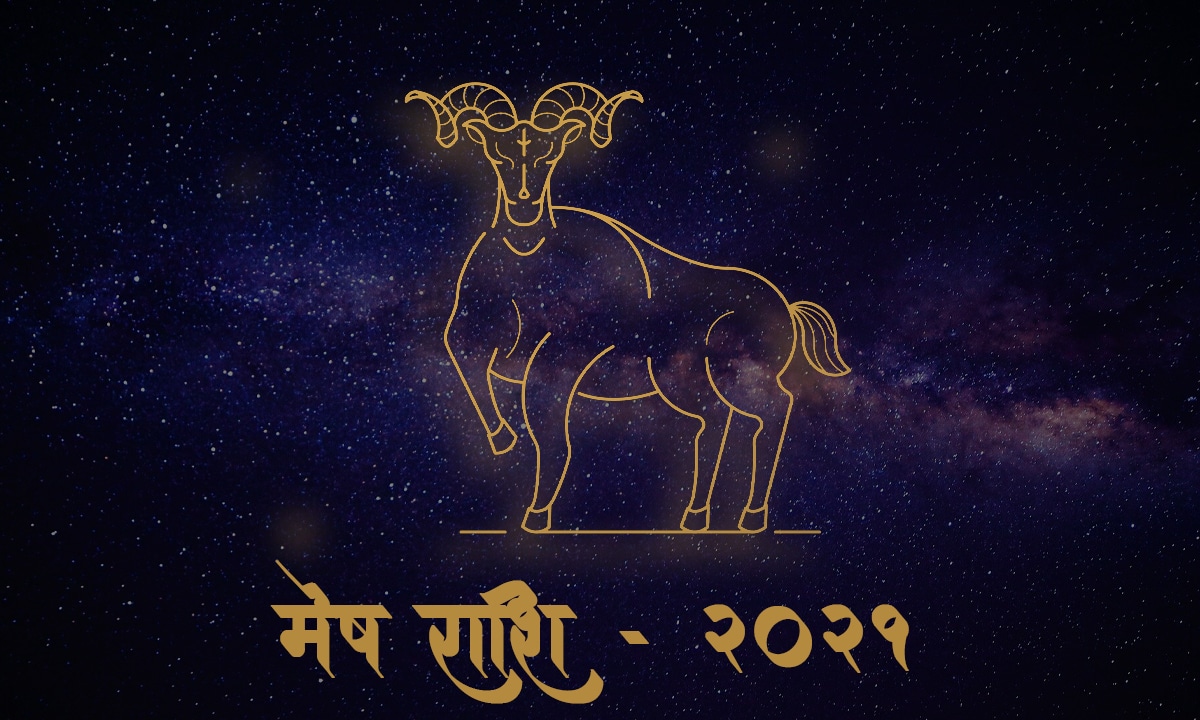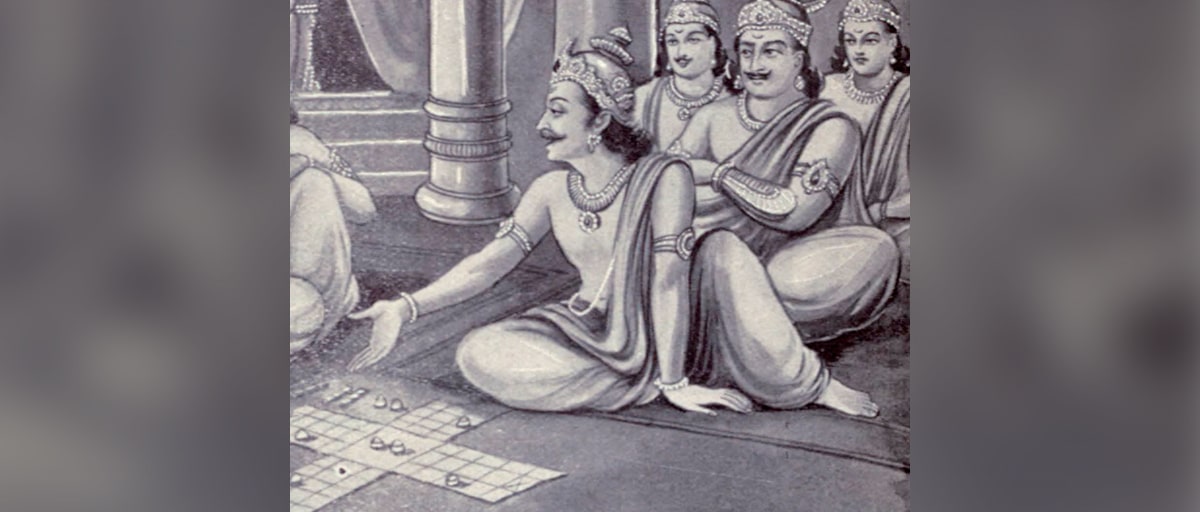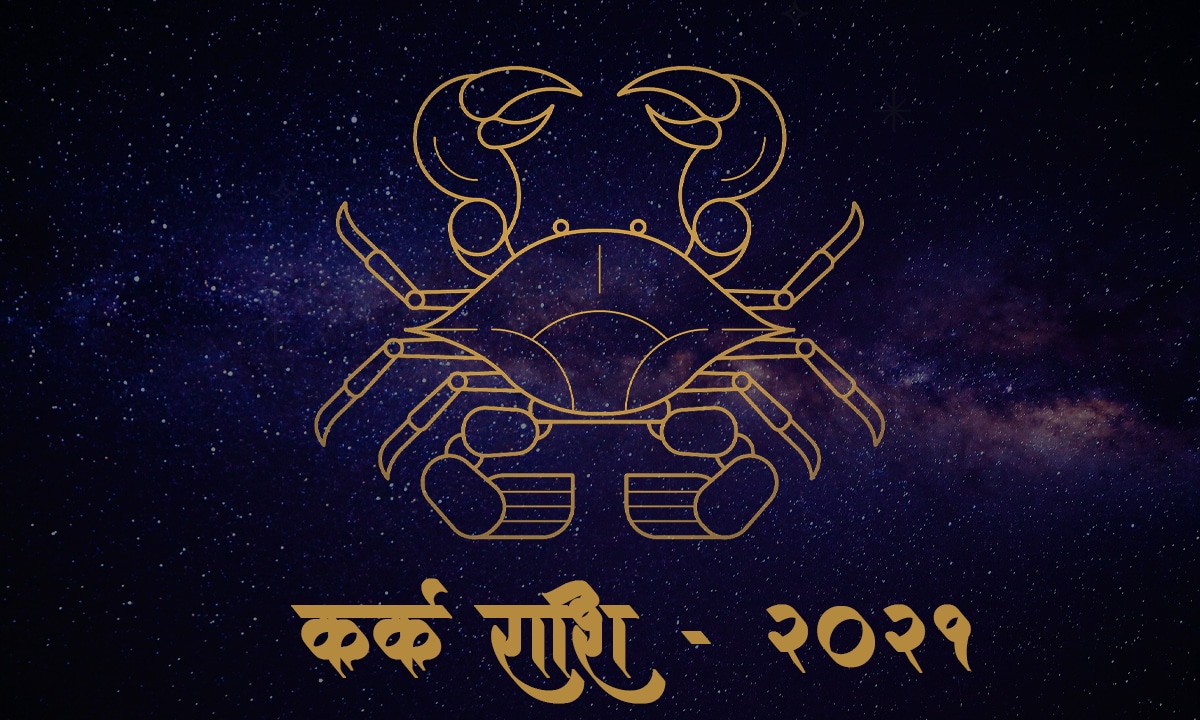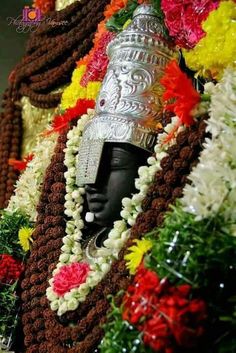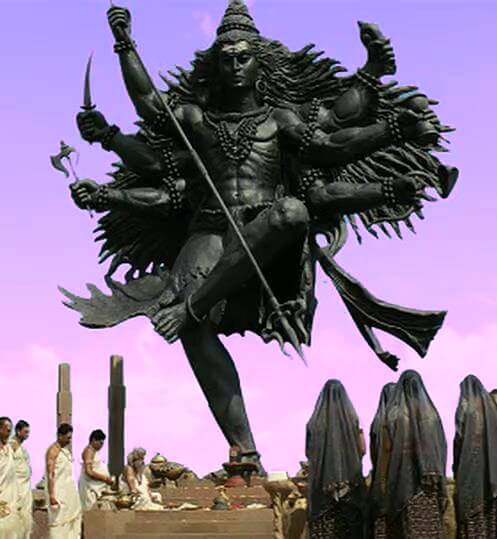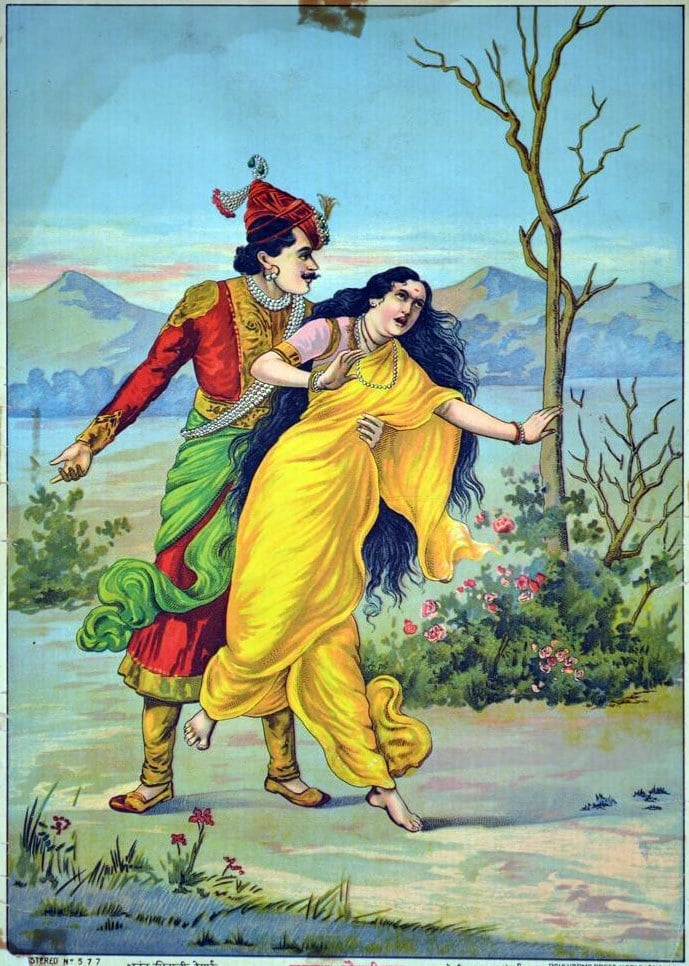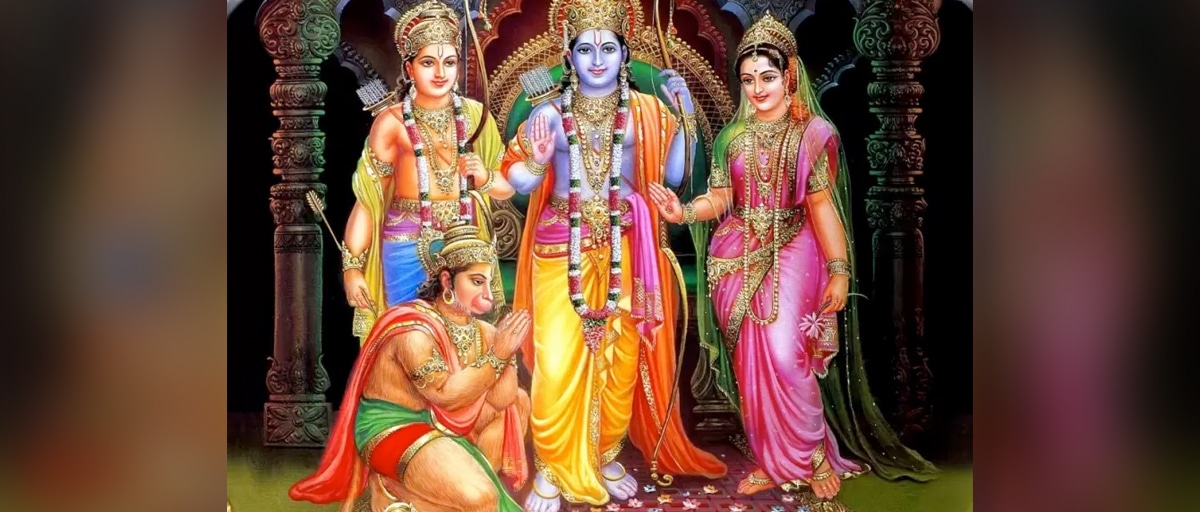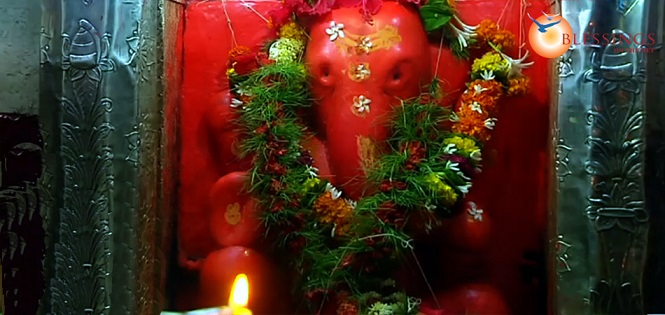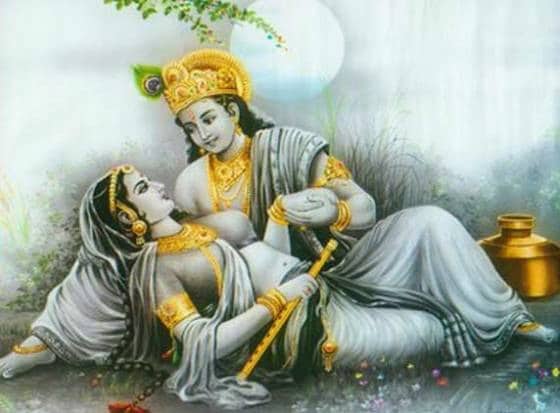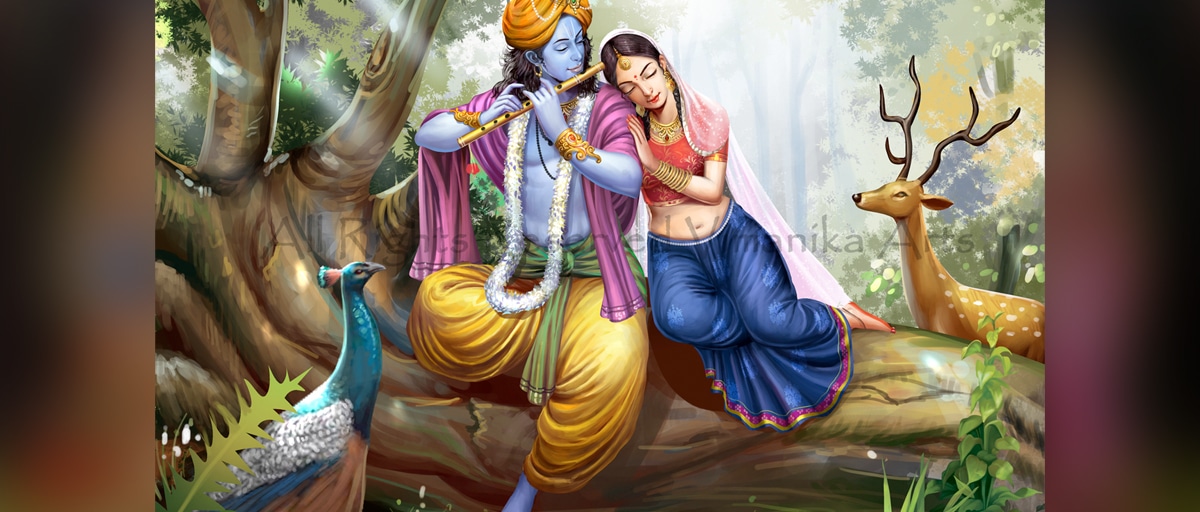Hinduism – Core Beliefs: Hinduism is not an organised religion, and its belief system has no single, structured approach to teaching it. Nor do Hindus, like the Ten Commandments, have a simple set of laws to obey. Throughout the Hindu world, local, regional, caste, and community-driven practices affect the understanding and practice of beliefs. Yet belief in a Supreme Being and adherence to certain principles such as Reality, dharma, and karma is a common thread across all these variations. And belief in the power of the Vedas (sacred scriptures) serves, to a large degree, as the very meaning of a Hindu, although it can differ greatly in how the Vedas are interpreted.
The major core beliefs that Hindus share includes the following listed below;
Hinduism Believes that Truth is Eternal.
Hindus are seeking knowledge and comprehension of the facts, the very existence of the world and the only truth. Truth is one, according to the Vedas, but it is expressed in a number of ways by the wise.
Hinduism Believes that Brahman is Truth and Reality.
As the only true God who is formless, infinite, all-inclusive, and eternal, Hindus believe in Brahman. Brahman which is not an abstract in notion; it is a real entity that encompasses everything in the universe (seen and unseen).
Hinduism Believes that The Vedas are the Ultimate Authorities.
The Vedas are scriptures in Hindus containing revelations that ancient saints and sages have got. Hindus claim that the Vedas are without beginning and without end, the believe is that Vedas will remain until all else is destroyed in the universe (at the end of the period of time).
Hinduism Believes that Everyone Should Work Hard to Achieve Dharma.
The understanding of dharma concept allows one to understand the Hindu religion. No single English word, sadly, adequately covers its context. It is possible to define dharma as right conduct, fairness, moral law, and duty. Everyone who makes dharma central to one’s life seeks to do the right thing at all times, according to one’s duty and skills.
Hinduism Believes that Individual Souls are Immortal.
A Hindu claims that there is neither existence nor destruction of the individual soul (atman); it has been, it is, and it will be. The soul’s actions when living in a body require the same soul in a different body to reap the effects of those actions in the next life. The process of movement of the atman is known as transmigration from one body to another. Karma decides the kind of body the soul next inhabits (actions accumulated in previous lives).
The individual soul’s objective is moksha.
Moksha is liberation: the release of the soul from the death and rebirth period. It happens when, by recognize its true essence, the soul unites with Brahman. To this awareness and unification, many paths will lead: the path of obligation, the path of knowledge, and the path of devotion (unconditionally surrender to God).
Also Read: The Complete Story Of Jayadratha (जयद्रथ) The King Of Sindhu Kingdom
Hinduism – Core Beliefs: Other beliefs of Hinduism are:
- Hindus believe in a single, all-pervading Supreme Being, both Creator and Unmanifest Reality, who is both immanent and transcendent.
- Hindus believed in the divinity of the four Vedas, the most ancient scripture in the world, and as equally revealed, venerate the Agamas. These primordial hymns are the word of God and the cornerstone of the eternal faith, Sanatana Dharma.
- Hindus conclude that infinite cycles of formation, preservation and dissolution are undergone by the universe.
- Hindus believe in karma, the law of cause and effect by which each human, by his thoughts, words and deeds, creates his own destiny.
- Hindus conclude that, after all karmas have been resolved, the soul reincarnates, developing over multiple births, and moksha, freedom from the rebirth cycle, is achieved. There will not be a single soul robbed of this destiny.
- Hindus believe that there are supernatural forces in unknown worlds and that with these devas and gods, temple worship, rites, sacraments and personal devotionals create a communion.
- Hindus believe that understanding the Transcendent Absolute is necessary to an enlightened lord, or satguru, as is personal discipline, good behavior, purification, pilgrimage, self-inquiry, meditation, and surrender to God.
- In thought, word and deed, Hindus believe that all life is sacred, to be cherished and respected, and thus practice ahimsa, nonviolence.
- Hindus believe that no religion, above all others, teaches the only way to redemption, but that all true paths are facets of the Light of God, worthy of tolerance and understanding.
- Hinduism, the oldest religion in the world, has no beginning—it is followed by recorded history. It doesn’t have a human creator. It is a spiritual religion that leads the devotee to experience the Reality personally inside, eventually achieving the peak of consciousness where one is man and God.
- There are four major denominations of Hinduism—Saivism, Shaktism, Vaishnavism and Smartism.

